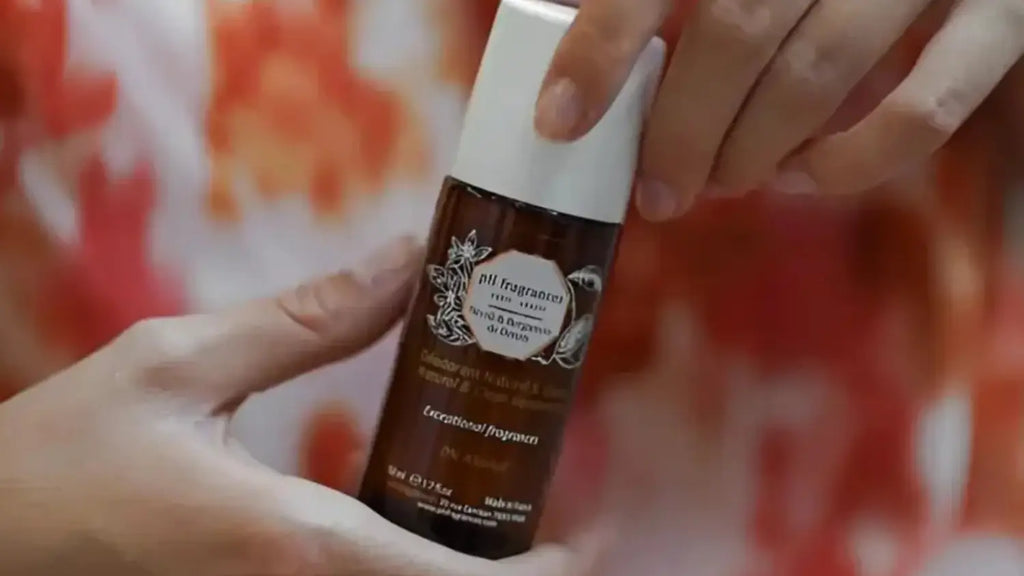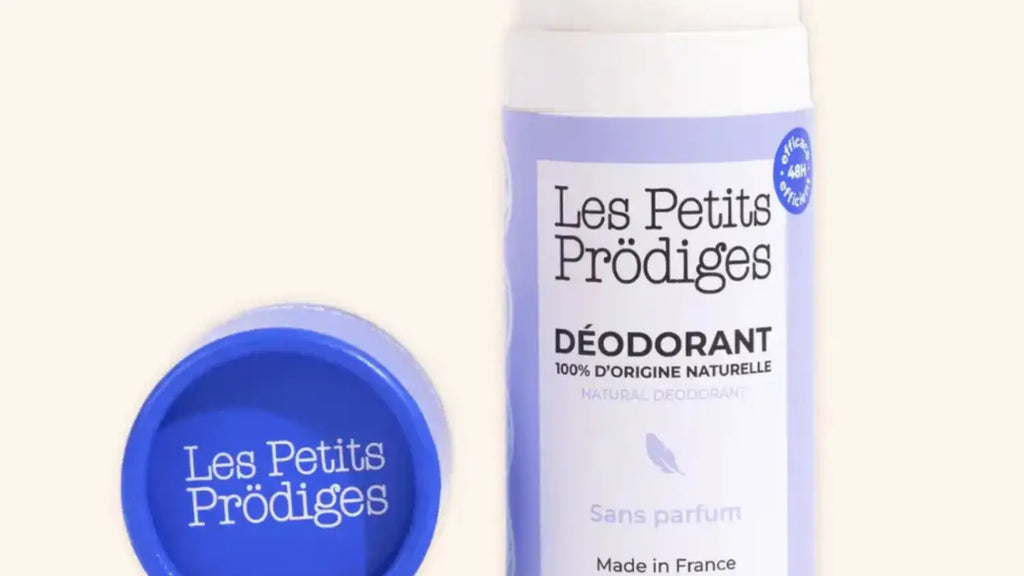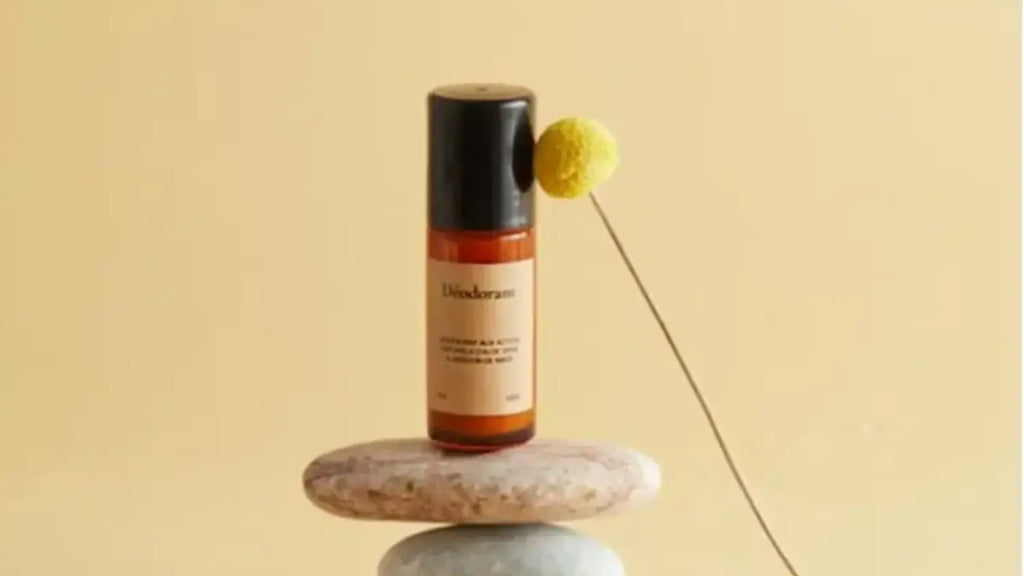Understanding the role of deodorant
Difference between deodorant and antiperspirant
A deodorant is not an antiperspirant, and this distinction is crucial for any informed purchase. Deodorant is a cosmetic product designed to mask or neutralize perspiration odors thanks to a formula often enriched with natural ingredients such as aloe vera or cotton flower.
Conversely, antiperspirant or roll-on deodorant blocks perspiration by clogging pores with aluminum and potassium salts, thus regulating sweating but potentially disrupting a natural process. This choice therefore means either preserving the biological cycle or artificially altering it, sometimes with health risks.
Why do we sweat?
Sweating is a natural phenomenon that regulates body temperature and eliminates toxins. It is odorless initially, but in contact with skin bacteria, it produces odors that are sometimes unpleasant.
To avoid body odor, you can apply deodorant in the form of a cream, balm, stick, spray, or roll-on. Some solid organic deodorants , made from natural ingredients such as cocoa butter, coconut, or lavender essential oil, are perfectly suited to sensitive skin while respecting the environment.
Controversial ingredients in conventional deodorants
Numerous scientific articles warn about the toxic substances present in certain products. Aluminum and potassium salts, although very common in deodorants and antiperspirants, are singled out for their possible link to the risk of cancer , particularly breast cancer.
Other substances, such as parabens and endocrine disruptors, are also problematic. Conversely, a cosmetic hygiene product can be made with an organic formula, free of fragrance and parabens, and enriched with natural ingredients. Choosing an organic, vegan deodorant with a pleasant texture helps better protect the skin and overall health.
The different forms of deodorants
The most common formats
The market offers a wide selection of deodorants and antiperspirants, from roll-on and spray deodorants to stick and cream deodorants. Roll-on deodorant refills are increasingly popular as a way to reduce waste.
Some models incorporate alum stone or crystal stone , known for its protective properties and pleasant texture. Solid versions, enriched with cocoa butter, cotton flower, or aloe vera, are appealing due to their simple composition and effectiveness. Each format has its advantages in terms of freshness, care, and convenience.
Current trends
Consumers are now looking for organic and vegan formulas, made with natural ingredients and manufactured in France . Deodorants scented with lavender, geranium, green tea, pine, musk, monoi, or cherry blossom are increasingly available.
The versions with white flower or bergamot scents offer a fresh and pleasant note, while the lemon or mint freshness deodorant exudes invigoration. Organic ranges are expanding, with formulas suitable for men, women, and even children, always with impeccable quality.
How to choose your natural and effective deodorant
Essential criteria to consider
Choosing between a solid organic deodorant and a cream deodorant requires carefully examining the composition and natural origin of the ingredients. Formulas enriched with cocoa butter, aloe vera, or coconut provide softness and care for the skin.
Those looking for a product free of aluminum salts, parabens, and fragrance can find perfect solutions on a specialized website, in a store, or at a pharmacy. For purchases in-store or online with free delivery, it's essential to check that the roll-on deodorant regulates perspiration without causing irritation .
Special cases
Some deodorants are particularly suitable for sensitive skin, pregnant women, teenagers, or people prone to allergies. Formulas containing baking soda should be used with caution as they can leave a white residue on clothing.
For a pleasant texture and protective care, it's best to choose naturally derived ingredients and avoid toxic substances . Available ranges include organic solid deodorants scented with geranium, lavender, or green tea, as well as versions specifically designed for men. These products, made in France, combine effectiveness and gentleness for everyday use.
Transition to natural
Switching from a conventional antiperspirant to an organic or vegan deodorant may require a few days of adjustment. During this phase, the body breathes again and the skin regains its balance. A deodorant balm or a solid organic deodorant made with cocoa butter, lavender essential oil, or aloe vera is suitable to help with this transition.
It is advisable to apply deodorant regularly, especially during an active day or a workout, to minimize body odor. Over time, the natural composition of these products ensures pleasant, fresh, and effective care.
Deodorant, health and the environment
Impact on health
The debates surrounding the risk of breast cancer linked to aluminum salts highlight the importance of ingredient selection. Organic formulas, made from natural ingredients and free of endocrine disruptors, represent a protective and healthy alternative.
Using a cosmetic product designed for hygiene, such as an organic or vegan deodorant, means opting for safer quality. Brands like Sanex also offer gentle versions suitable for sensitive skin. Regularly applying a refreshing deodorant with a pleasant texture, whether in roll-on, stick, or spray form, provides care tailored to every need.
Ecological impact
The packaging of some products, particularly sprays, generates a lot of waste. New product lines are focusing on deodorant refills, roll-on deodorant refills, or glass containers to reduce environmental impact.
Cosmetics made in France, often certified organic , use naturally derived ingredients such as cotton flower, aloe vera, and cocoa butter. Buying deodorant from an ethical shop or a specialized website means supporting responsible production. Choosing a cosmetic product for daily care thus becomes an act that protects the planet and is pleasant for the skin.
The future of deodorant
The personalized and technological deodorant
The future of cosmetics lies in personalized organic formulas capable of adapting to each individual's skin microbiome . A cosmetic product designed for natural regulation could thus regulate perspiration without toxic substances. Some prototypes of cream or solid organic deodorant that have been tested already incorporate innovative technologies.
Soon, we could buy connected deodorants in pharmacies, boutiques, or stores that adapt their diffusion according to the day's needs. These innovations show that the market is embracing new ideas that combine health, quality, and respect for the environment.
DIY and consumer empowerment
Many consumers are now choosing to make their own deodorant cream or deodorant balm, using cocoa butter, lavender essential oil, baking soda or even coconut.
This type of homemade cosmetic can be scented with mint, lemon, monoi, or green tea, and is suitable for those who want to control the ingredients in their skincare products. However, it's advisable to modify the recipe to make it safer and avoid irritation. Such a product remains pleasant, refreshing, and protective, while also being economical.
The sustainable future
The future of deodorants lies in refillable, vegan solutions made with natural ingredients. Brands are already focusing on free shipping and online sales through websites or specialized stores.
In pharmacies and organic stores, you can now find roll-on deodorant refills, solid versions with cocoa butter or green tea, and organic deodorants without aluminum salts. These options are suitable for everyone , from men to children, and guarantee a pleasant, fragrant texture. Thus, every cosmetic product becomes a perfect, protective, and eco-friendly skincare solution.
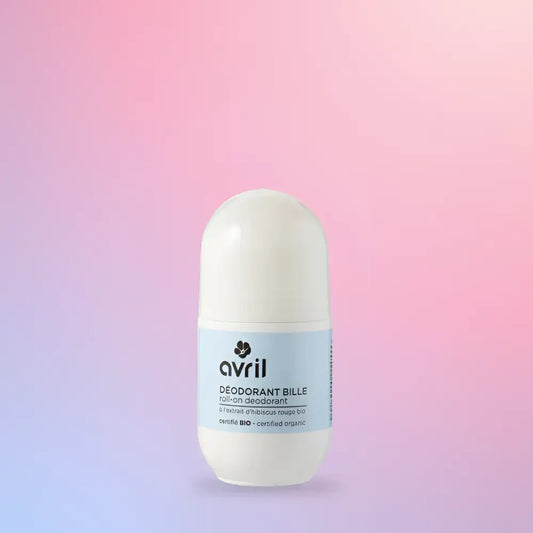
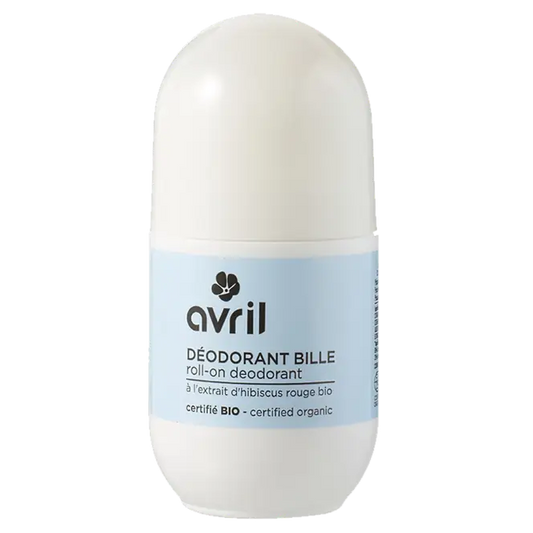

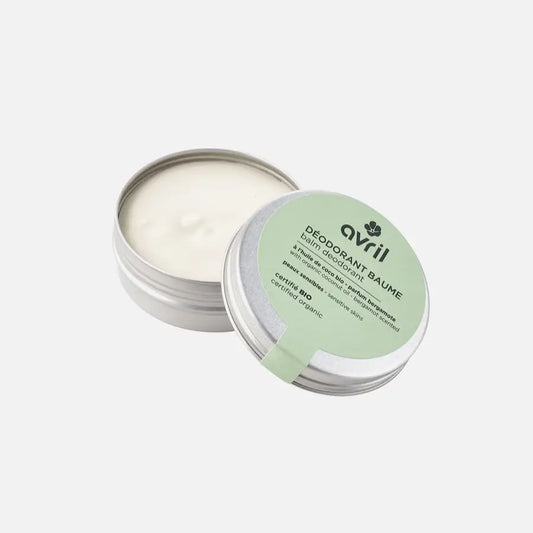

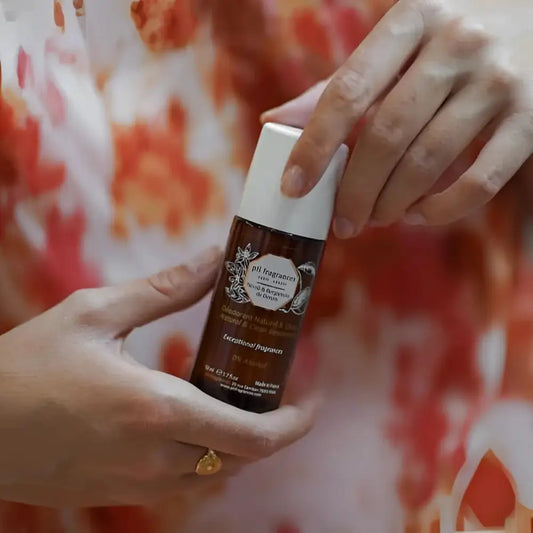



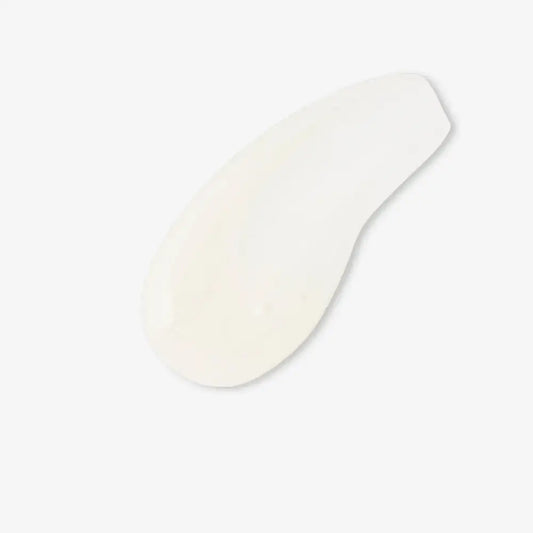 -7%Sale
-7%Sale
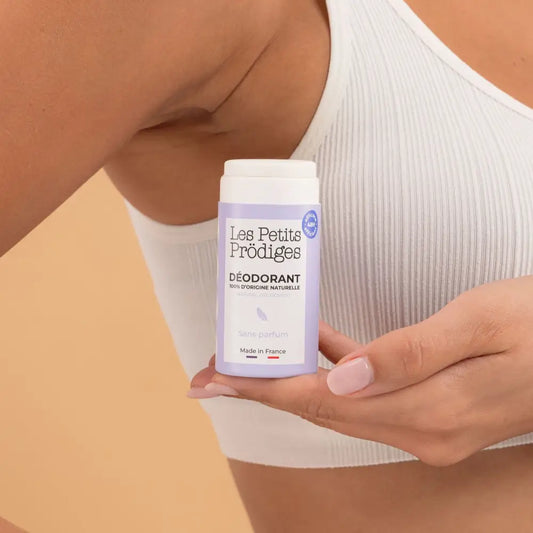 -9%Sale
-9%Sale
















